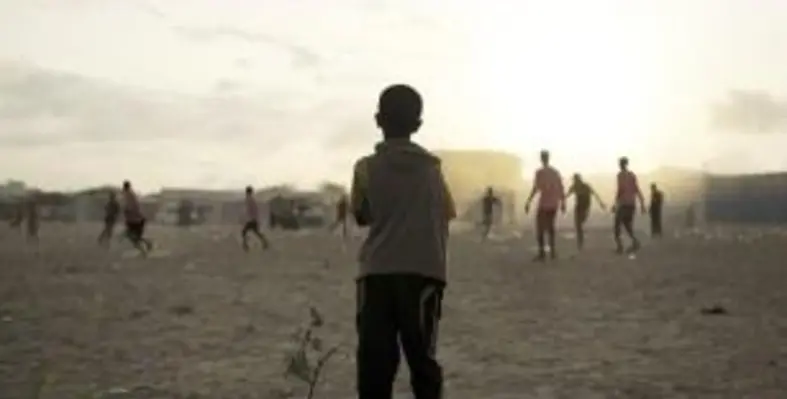In early 2020, Somalia, with support from the United Kingdom Government and the European Union, settled its arrears to the African Development Bank (AfDB), paving the way for the lifting of 30-year old sanctions imposed by the Bank and the resumption of full engagement with the fragile East African country
A US$122.55mn grant agreement signed in March, between Bank vice-president for regional development, Integration and Business Delivery, Khaled Sherif and Somali Finance Minister Abdirahman Beileh marked a milestone on a tough but necessary process of rehabilitation which began in 2014.
The shift to a new and more hopeful phase in which Somalia, with assistance from the Bank and other development partners, can accelerate its national development agenda of consolidating peace, fighting poverty and ensuring inclusive growth “is a new beginning” for the country. “We stuck with our reforms, we were persistent, and it has paid off,” Minister Beileh said.
The reforms, driven by IMF Staff Monitored Programmes (SMPs), restored the confidence of International finance Institutions and led the UK and the EU to provide the funding to support the clearance of Somalia’s loan arrears to the Bank Group.
“I am absolutely delighted that the African Development Bank provided the leadership needed to push for and successfully negotiate the arrears clearance for Somalia. It was a reflection of the power of partnerships and consensus building,” AfDB’s president Akinwumi Adesina said.
Although Somalia had been under the Bank’s sanctions since 1990 when the government of Siad Barre fell, the institution continued to provide technical and governance support to the country through the African Development Fund, Transition Support Facility, and other special funds including Special Relief Funds, Africa Legal Support Facility Green Environment Fund, African Water Facility, RWSSI and the Multi-Partner Somalia Infrastructure Fund.
Somalia also benefitted from the Bank’s drought-related assistance channeled through the Intergovernmental Authority on Development.
The Bank’s current portfolio in Somalia totals US$298mn, covering operations in agriculture, water and sanitation, transport, social and energy, and multi-sectoral projects including four economic and financial governance projects and one statistics project. The portfolio includes the Economic and Financial Reforms Support Program (EFRSP) of just over US$122mn approved in February 2020. The EFRSP is a stand-alone general budget support operation that is part of the Bank’s contribution to Somalia’s post-arrears clearance and aims to support the country’s on-going economic and financial reforms.














